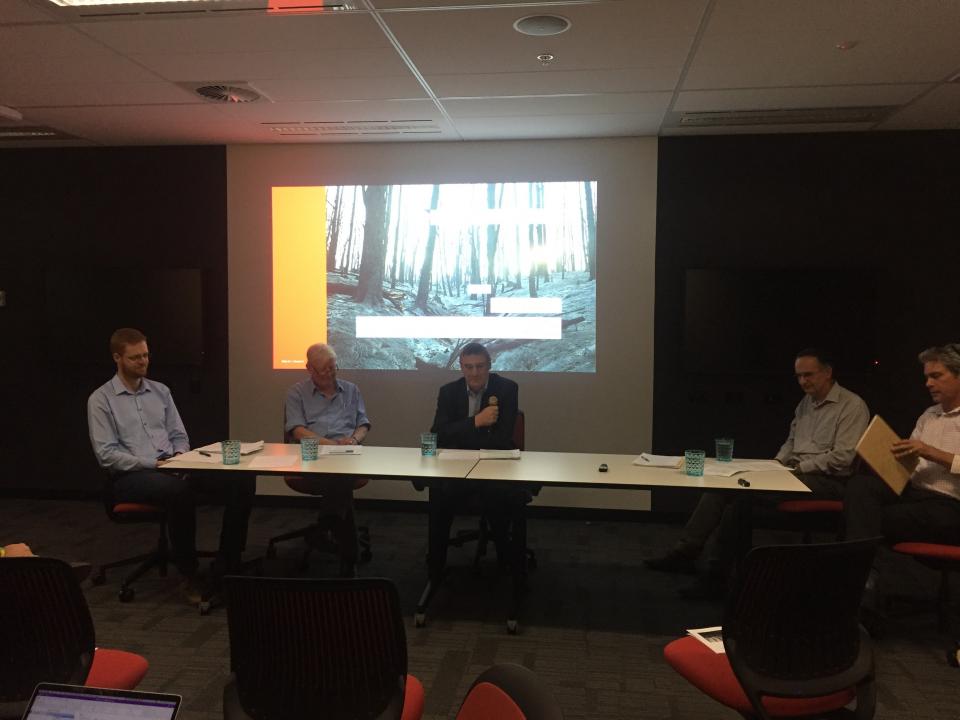Blog posts on Views & Visions
2020
2019
Browse posts by all authors
In the media
21 Oct
ABC Goulburn Murray
20 Oct
Meteorological Technology International
08 Oct
news.com.au
07 Oct
University of Western Australia
24 Sep
University of Melbourne Pursuit



